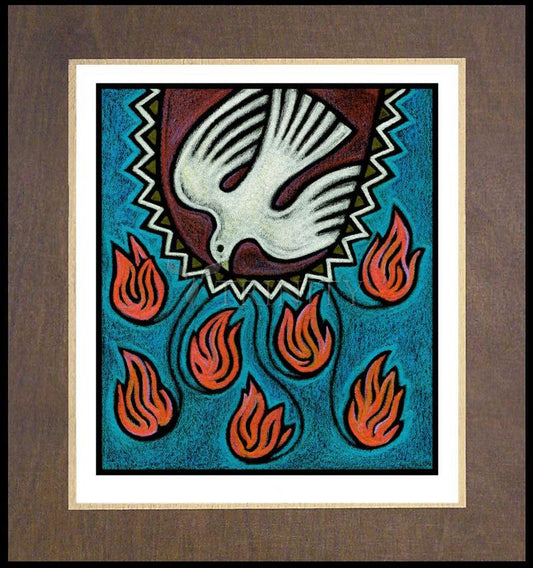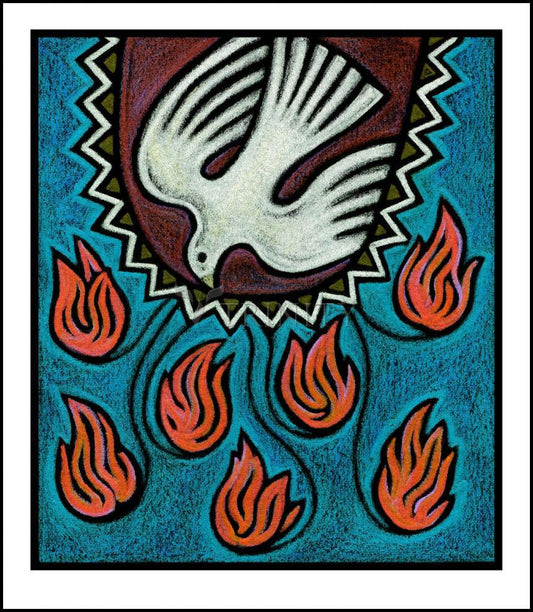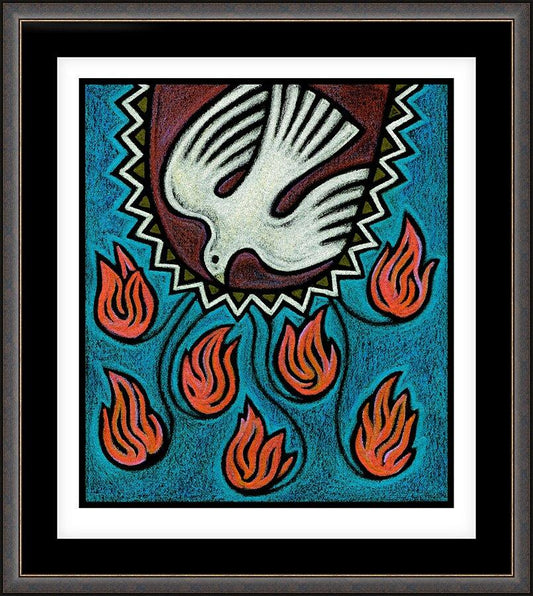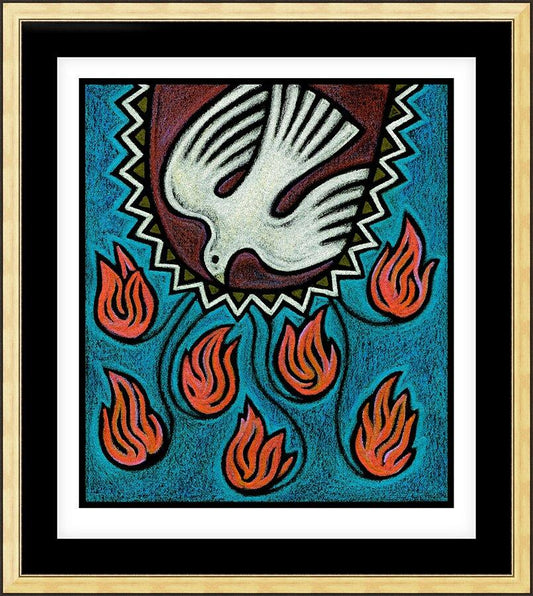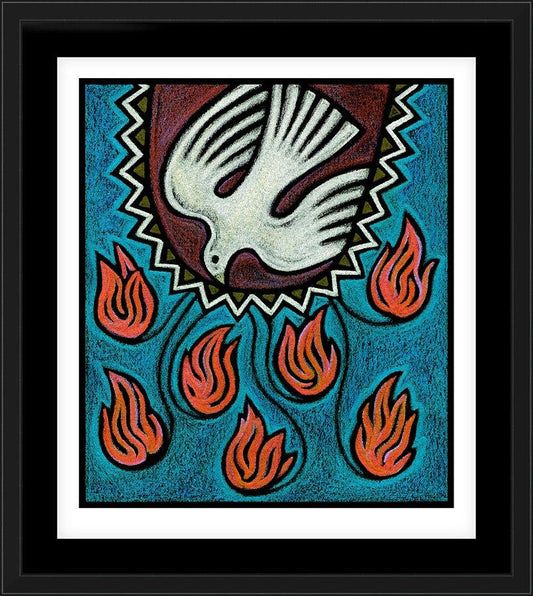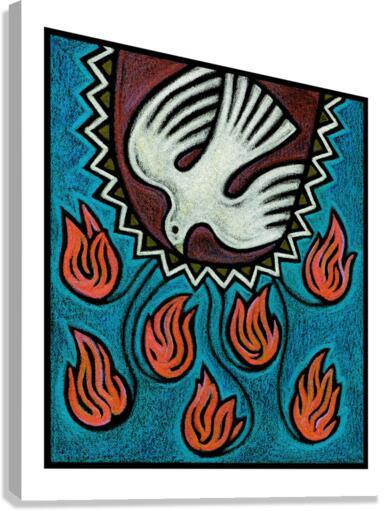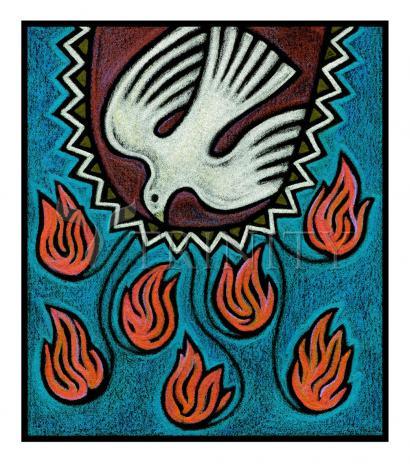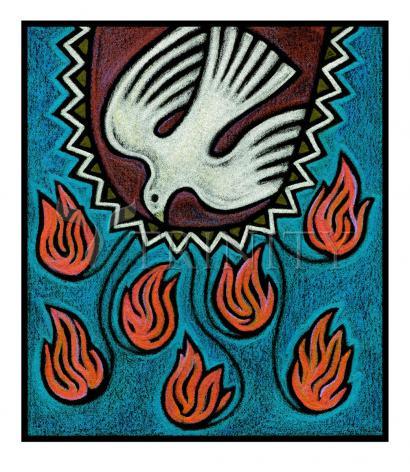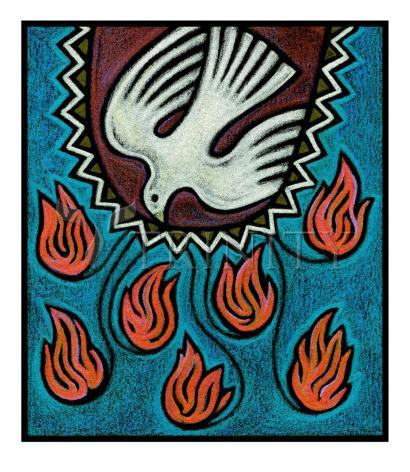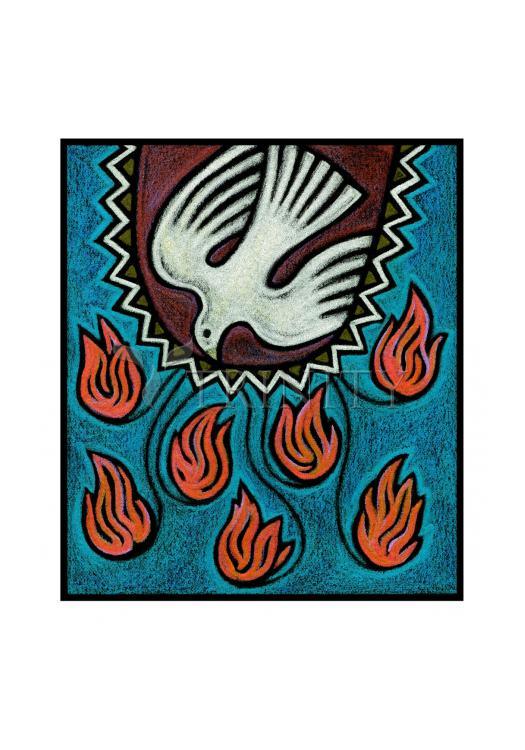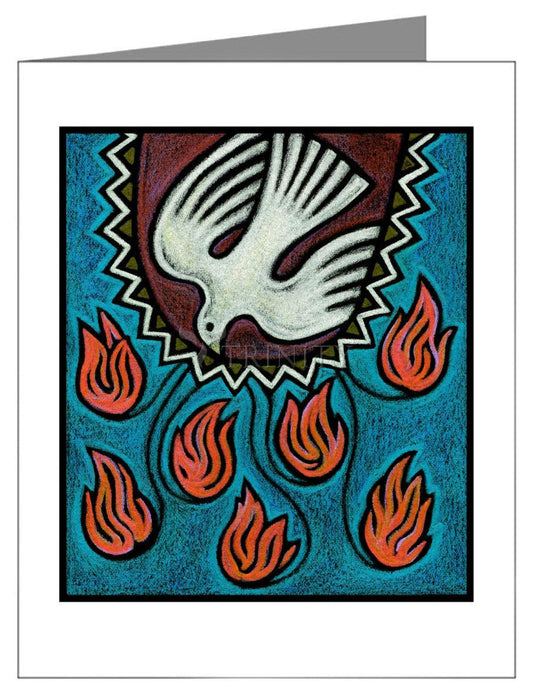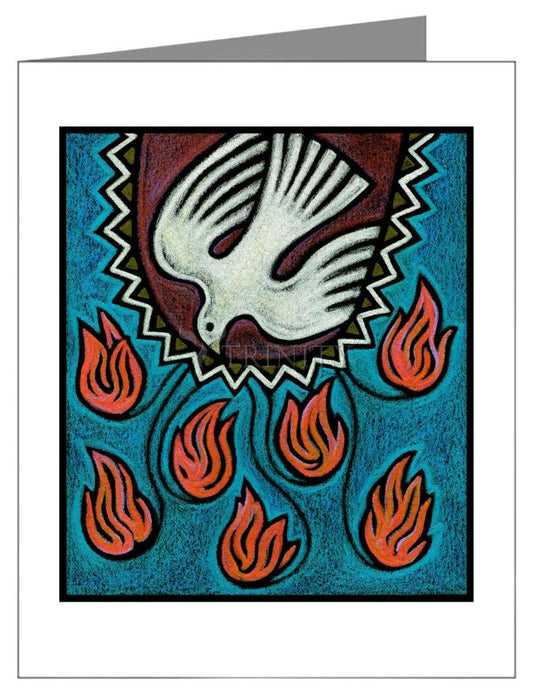The Seven gifts of the Holy Spirit are gifts which Anglicans, Catholics, and Lutherans believe the Holy Spirit gives to people to further their sanctification and help "complete and perfect the virtues of those who receive them."
These gifts are enumerated (approximately) in Isaiah 11:2-3.
The names of the the seven gifts, as given in the Catechism of the Catholic Church, along with a description of each gift, as defined by St. Thomas Aquinas in the Summa Theologica are:
Wisdom - The gift that helps us to see and follow God's will in our lives.
Understanding - The gift of understanding aids us in making good choices.
Knowledge - The gift of knowledge brings us to learn more about God and his plan, and leads us to wisdom and understanding.
Council - The gift of council perfects a person's practical reason in the apprehension of truth and allows the person to respond prudently, "moved through the research of reason."
Fortitude - Also called "Courage." The gift of fortitude allows people the "firmness of mind required both in doing good and in enduring evil, especially with regard to goods or evils that are difficult."
Piety - Also called "Reverence." Piety is the gift "whereby, at the Holy Spirit's instigation, we pay worship and duty to God as our Father."
Fear of the Lord - sometimes called "Wonder and Awe in God." This gift is described by Aquinas as a fear of separating oneself from God. He describes the gift as a "filial fear," like a child's fear of offending his father, rather than a "servile fear," that is, a fear of punishment.
Aquinas says the first four of these gifts (wisdom, understanding, knowledge, and counsel) direct the intellect, while the other three gifts (fortitude, piety, and fear of the Lord) direct the will toward God.
Theologians consider the gifts of the Holy Spirit to be supernatural and permanent qualities given by God that are magnified after the Sacrament of Confirmation; that make one attentive to the voice of God; that render one susceptible to the workings of actual grace; that make one love the things of God; and that, consequently, render one more obedient and docile to the inspirations of the Holy Ghost.
In some respects, the gifts are similar to the virtues but a key distinction is that the virtues operate under the impetus of human reason (prompted by grace), whereas the gifts operate under the impetus of the Holy Spirit; the former can be used when one wishes, but the latter operate only when the Holy Spirit wishes.



